Wondering where the US housing market is headed? Our real estate forecast for the next 5 years tackles this question. We'll explore expert predictions on mortgage rates, home prices, and potential crashes, giving you the insights you need to navigate the market, whether you're buying or selling.
I. Home Price Forecast
The scorching hot housing market of recent years, fueled by ultra-low mortgage rates and fierce competition among buyers, has left many wondering: what's next for home prices? Data from the National Association of Realtors (NAR) as of April 2024 paints a clear picture – median existing home sales prices remain near record highs, at $393,500 for existing homes and $430,700 for new constructions. However, with the Federal Reserve tightening its belt on interest rates, a shift in the price trajectory is expected.
Expert forecasts lean towards a moderation in home price growth over the next five years. This translates to a slower and more sustainable pace of appreciation compared to the breakneck speed witnessed in recent years, rather than a freefall in prices. Several key factors contribute to this outlook.
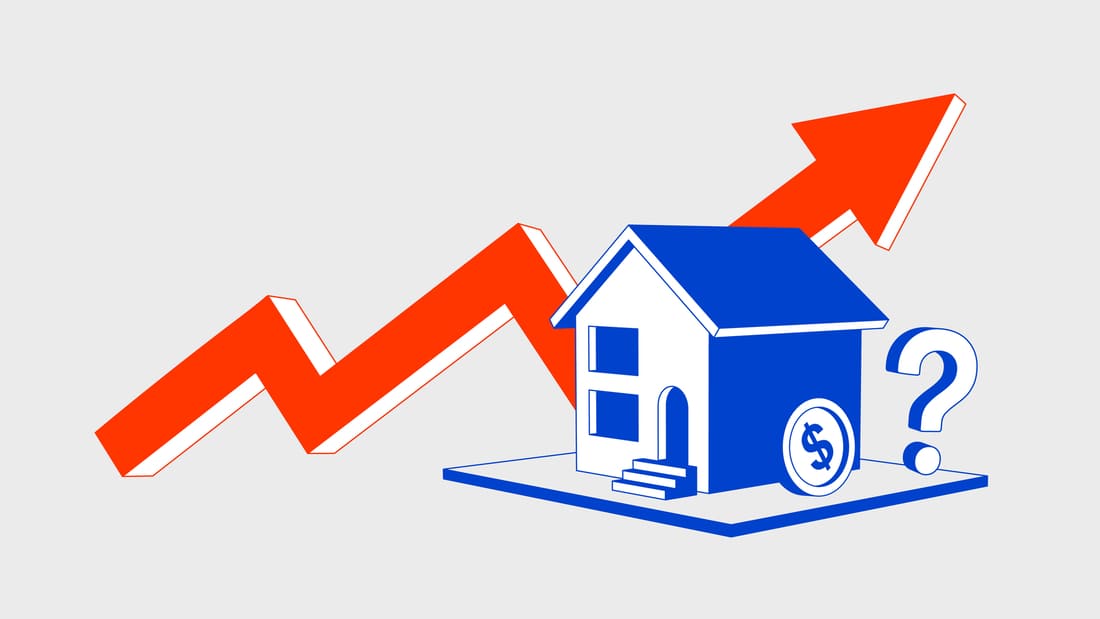
The most immediate factor is the rise in mortgage rates. As discussed earlier, higher rates translate to lower borrowing power for buyers, dampening the bidding wars that previously pushed prices ever skyward. CoreLogic, a leading provider of property data and analytics, predicts that home prices will rise by 0.4% from February 2024 to March 2024 and increase by 3.1% on a year-over-year basis from February 2024 to February 2025. This indicates a potential slowdown but not a significant price drop.
Regional Variations and Inventory Levels
It's important to remember that the housing market is a complex ecosystem with regional variations. Markets characterized by limited inventory and high demand, particularly those experiencing robust job growth, could still witness pockets of price appreciation. Think of trendy coastal towns like Malibu, California, or booming tech hubs like Austin, Texas, with a constant influx of new residents. These areas might see continued competition among buyers, potentially leading to price increases exceeding the national average.
Conversely, areas with an oversupply of homes on the market, particularly those facing economic stagnation, might experience a more stagnant price environment. Rust Belt cities like Detroit, Michigan, or economically depressed rural communities could see inventory linger on the market for longer, putting downward pressure on prices.
Location, local economic conditions, and inventory levels will continue to play a significant role in shaping price trends across different regions. While a moderation in price growth is the most likely scenario, some harbor concerns about a dramatic price correction or even a housing market crash.
II. Mortgage Rate Forecast
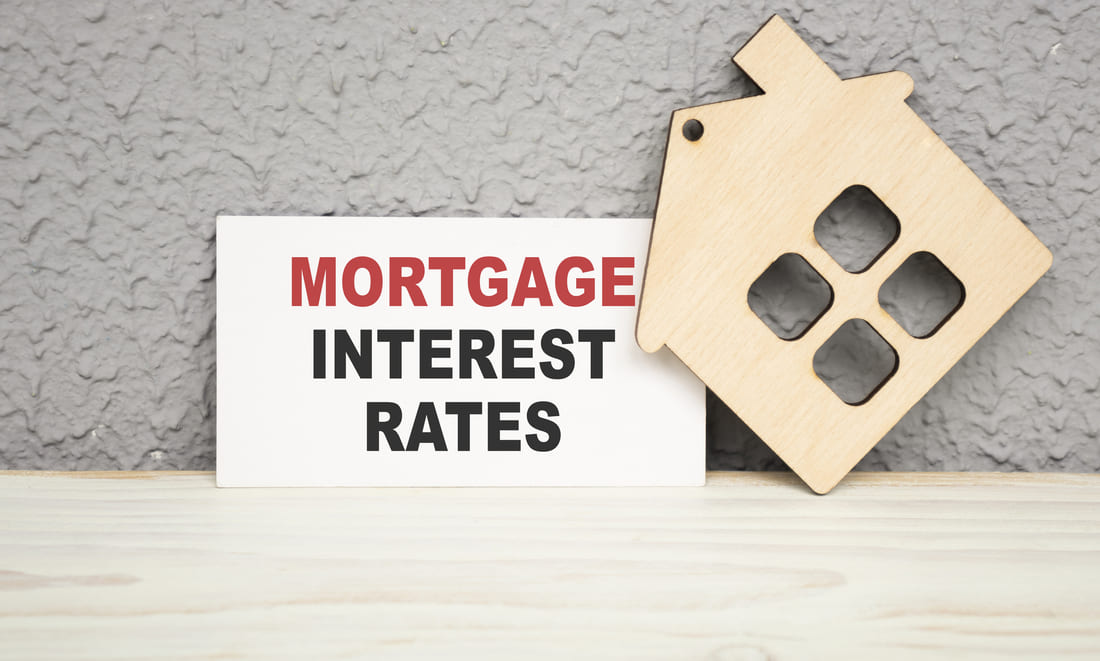
As of April 2024, the dream of securing an ultra-low mortgage rate has faded for homebuyers. The Federal Reserve's aggressive stance on raising interest rates to combat inflation has pushed current mortgage rates into the mid-to-high single digits, a significant increase from the historic lows that fueled the housing market frenzy in recent years.
Expert opinions on the future trajectory diverge slightly, but most agree on a gradual upward trend in mortgage rates for the next two years. This forecast, aligned with projections from Freddie Mac, the Federal Home Loan Mortgage Corporation, suggests that prospective buyers can expect rates to hover in the mid-to-high single digits through 2026.
Beyond that timeframe, forecasts become less certain. Some analysts, citing data from the Federal Housing Finance Agency (FHFA) as of April 2024, predict a potential stabilization or even a slight decrease in rates by 2028. This hinges heavily on the broader economic climate. A robust economy with persistent inflation might necessitate continued rate increases to keep prices in check. Conversely, a sluggish economic performance could prompt the Federal Reserve to ease back on the brakes, potentially leading to lower mortgage rates.
The impact of rising mortgage rates on affordability is undeniable. Data from the National Association of Realtors (NAR) as of April 2024 shows that with higher rates, buyers are qualified for smaller loan amounts for the same property price. This translates to a cooling effect on the housing market, particularly in regions where affordability was already strained.
III. Housing Market Crash Forecast: Boom or Bust?
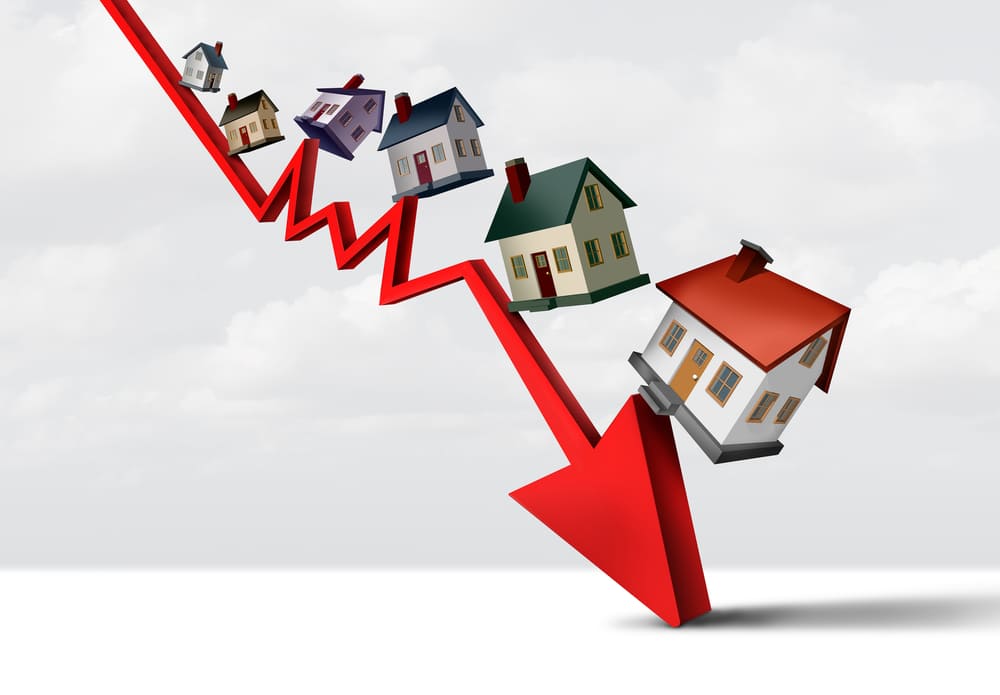
With memories of the 2008 housing market crash still lingering, many are understandably concerned about a similar scenario unfolding in the coming years. However, experts largely agree that a full-blown crash is unlikely, for several key reasons.
Strong Underlying Demand: Unlike the lead-up to the 2008 crash, the current housing market is supported by robust underlying demand. Data from the Mortgage Bankers Association (MBA) as of April 2024 shows a healthy level of first-time homebuyer applications. Millennials, the largest generation in US history, are entering their prime homebuying years, fueling a steady demand for homes. Additionally, demographics like low inventory and a growing population continue to put upward pressure on housing needs. While rising mortgage rates might cool buyer enthusiasm, it's unlikely to completely extinguish demand.
Sturdy Lending Standards: Another crucial difference from the 2008 crisis lies in lending practices. In the lead-up to that crash, subprime mortgages with loose lending standards were readily available, allowing many unqualified buyers to enter the market. This created a bubble that eventually burst. Today, stricter lending regulations implemented after the 2008 crisis ensure that borrowers have a solid financial footing and can afford their mortgages. This significantly reduces the risk of widespread defaults, a key factor in the previous crash.
Limited Inventory: As mentioned earlier, a persistent issue in the housing market is the lack of available homes. Data from Realtor.com as of April 2024 shows a historically low national inventory level. This scarcity, while posing challenges for buyers, acts as a buffer against a dramatic price decline. Even with a slowdown in price growth, a shortage of homes is unlikely to lead to a glut of properties on the market, preventing a fire sale-like situation.
Government Intervention: While not a guarantee, the possibility of government intervention in the event of a significant downturn cannot be entirely discounted. During the 2008 crisis, the government implemented various measures to stabilize the market, including mortgage loan modifications and programs to help struggling homeowners. The Federal Housing Finance Agency (FHFA) and other agencies continue to monitor market health and may take steps to prevent a severe market correction.
Of course, the housing market is not immune to unforeseen circumstances. A significant economic downturn or a major financial crisis could potentially trigger a more severe market correction. However, based on current data and trends, a housing market crash similar to 2008 appears unlikely.
IV. Housing Supply Forecast: Filling the Gap
While the demand for housing remains strong, a persistent issue continues to plague the market – a shortage of available homes. Data from Realtor.com as of April 2024 shows a historically low national inventory level. This scarcity has contributed to the rapid price appreciation witnessed in recent years and poses a challenge for aspiring homeowners.
Experts offer mixed forecasts on the future of housing supply. Some anticipate a gradual increase in new construction as builders ramp up production to meet the persistent demand. Low-interest rates for construction loans and a growing population could incentivize developers to add more units to the market. Additionally, a slowdown in home price growth could entice some existing homeowners who previously held off on selling due to the hot market to list their properties, further boosting inventory.
However, other analysts foresee continued constraints on housing supply. The rising cost of building materials and labor could discourage some developers from undertaking new construction projects. Additionally, zoning regulations and lengthy permitting processes in some areas can impede the development of new housing units.
The ultimate trajectory of housing supply will hinge on a complex interplay of factors. Government policies aimed at streamlining development procedures, incentives for builders, and a growing workforce in the construction industry could all contribute to a more robust supply pipeline. However, overcoming long-standing regulatory hurdles and navigating economic uncertainties could pose challenges.
What does this mean for the market?
A significant increase in housing supply would alleviate some of the upward pressure on prices, making homes more accessible for buyers. However, a persistently tight supply environment, coupled with robust demand, could continue to favor sellers and limit the buying power of prospective homeowners.
Monitoring trends in new construction permits and inventory levels will be crucial in understanding how the supply side evolves and impacts the overall market dynamics. The next section will wrap up the overall outlook for the US real estate market in the next five years.
V. Overall Housing Market Outlook: A Balancing Act
The next five years in the US real estate market are likely to be characterized by a balancing act between various factors. Here's a summary of what we can expect:
- Mortgage Rates: A gradual rise in mortgage rates is anticipated for the next two years, followed by a potential stabilization or slight decrease depending on the broader economic climate.
- Home Prices: A moderation in home price growth is the most likely scenario, with a slower pace of appreciation compared to recent years. Regional variations will persist, with areas experiencing high demand potentially seeing some price increases, while others might face a more stagnant price environment. Markets with robust job growth and limited inventory, particularly trendy coastal towns or tech hubs, could still see pockets of price appreciation exceeding the national average. Conversely, areas facing economic stagnation and an oversupply of homes might experience a more stagnant price environment, with properties potentially lingering on the market for longer periods.
- Market Activity: The housing market is expected to cool down from the frenetic pace of recent years. However, with robust underlying demand and limited inventory, a significant slowdown in sales activity is unlikely. The market might shift towards a more balanced environment where neither buyers nor sellers have an outsized advantage.
Looking ahead, the key question is: will buyers or sellers have the upper hand?
The answer will depend on the interplay of various factors, including the trajectory of mortgage rates, the pace of home price appreciation, and the overall strength of the economy. If mortgage rates stabilize and home price growth moderates, the market could find a sweet spot where both buyers and sellers can find opportunities. However, if mortgage rates continue to climb significantly or affordability becomes a major concern, buyer enthusiasm could wane, giving sellers less leverage.
For potential buyers, staying informed about market trends and local inventory levels is crucial. Consulting with a qualified real estate agent can help navigate a potentially shifting landscape. Conversely, sellers may need to adjust their pricing strategies to adapt to a more balanced market.
Overall, the US real estate market in the next five years appears to be headed towards a period of normalization after the recent surge in prices and activity. While some uncertainties remain, a healthy dose of caution and informed decision-making can help both buyers and sellers navigate this evolving market.
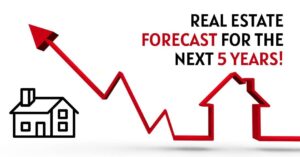
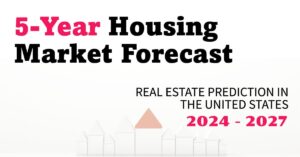
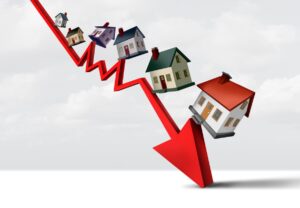
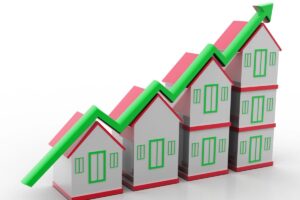


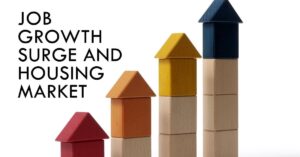


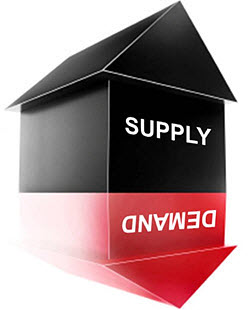 As a general rule, 5 to 6 months of inventory is considered to be a normal or balanced market. Over 6 months of inventory and we have a buyer’s market. If it is less than 5 months and we have a seller’s market. The smaller the available inventory, the tighter the market is. Keep in mind that these are simply guidelines and will differ from market to market.
As a general rule, 5 to 6 months of inventory is considered to be a normal or balanced market. Over 6 months of inventory and we have a buyer’s market. If it is less than 5 months and we have a seller’s market. The smaller the available inventory, the tighter the market is. Keep in mind that these are simply guidelines and will differ from market to market.